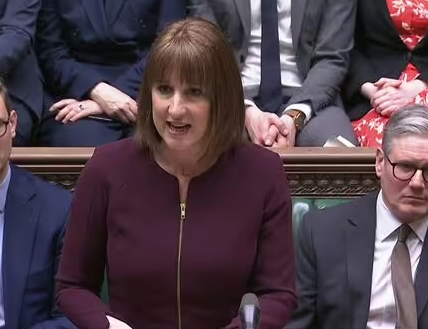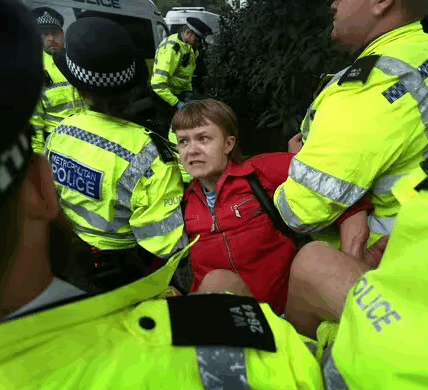Donald Trump’s tariffs threaten jobs across the UK, say manufacturers.
Sir Keir Starmer was warned he has just weeks to save thousands of jobs in the car industry as manufacturers issued a plea for a Covid-style package of support. Donald Trump’s tariffs could lead to cuts in “weeks rather than months”, the manufacturers said. They said a trade deal scrapping the fees was needed urgently but if it could not be achieved then the Government should consider a furlough scheme to stop skilled workers leaving the industry, and tax-breaks for struggling businesses.
The warning came from Mike Hawes, Chief Executive of the Society of Motor Manufacturers and Traders, which represents the carmakers employing 813,000 people across the UK including 198,000 directly involved in manufacturing. Vehicles are the biggest UK export to the US, with sales of £8.3 billion to American buyers each year. Mr Hawes said top exports to the US were high-value prestige cars by firms such as Rolls Royce, Bentley and Aston Martin. But wealthy US buyers would stop placing orders if the price shot up after Mr Trump imposed tariffs of 25%, he said.
Don’t miss…
Home Office Minister Diana Johnson to raise ‘only good TERF’ sign with police [LATEST]
Chancellor ‘piling up £14bn debt’ with Brits forced to foot the bill [LATEST]
Prison officers get tasers following attack by Manchester Arena plotter [LATEST]
Keir Starmer finally breaks silence on Supreme Court trans ruling [LATEST]
He told the House of Commons Business Committee: “Where companies are affected directly it’s severe, it’s significant and it’s immediate.
“If you look across the UK automotive industry, 80% is exported. As an average, 60% will go to Europe. For some manufacturers that is the most important market.,
“Then if you look at other manufacturers, particularly the small volume, high value ones, they are much more evenly spread and their exports can be 30% or even 50% going to the US.”
But orders are “drying up”, he said.
“They see their vehicles potentially can be 25% more expensive so they will pause, they’ll hold off.”
Don’t miss…
Labour voters name the politician they want to replace Keir Starmer [LATEST]
Ed Miliband issued warning as new plan could cost Brits £3bn [LATEST]
Rachel Reeves in Washington for crisis economy talks – live updates [LATEST]
New tobacco licence ‘will close shops’ [LATEST]
Asked when job cuts were likely, he said: “Layoffs will be the last resort. It is more a question of weeks rather than months before you see some things like that.
“However the key thing is, can we get a deal? And it needs to be a deal that supports automotive … the impact is now, which is why we need to make sure either we get a deal very quickly or there is a mechanism to support the industry in the coming weeks and months.”
He said British carmakers would struggle to recruit and train new staff in the future if they were forced to cut jobs now.
“The impact is significant. These are highly talented people. We can’t afford to lose them … once they go it is very hard to get them back again.”
The Government needed to “urgently” look at saving jobs in the supply chain as well as in car firms themselves, he said. Options included a furlough scheme or allowing firms to pause paying National Insurance or VAT, he said.
It comes as Chancellor Rachel Reeves prepares to meet fellow finance ministers in Washington and push for a US trade deal.
Ms Reeves will spend three days in the US capital for the International Monetary Fund’s (IMF) spring meetings, which bring together finance ministers and business leaders from across the G7 and G20.
While she champions Britain as a destination for investment, Ms Reeves will also hold her first face-to-face meeting with American counterpart Scott Bessant for talks on an economic deal between the US and UK.
Securing such a deal with the US acquired a new sense of urgency earlier this month when Mr Trump announced the sweeping tariffs on imports from the rest of the world.
These included 10% levies on all UK goods – then the lowest level imposed on any country – along with 25% tariffs on steel and cars.
While ministers have said talks on a deal remain ongoing, figures in the Trump administration have cast doubt on their prospect of success.
Although Mr Trump rowed back from his initial announcement, instead instituting 10% tariffs on all countries except China, his senior economic adviser Kevin Hassett has suggested this is a “baseline” which would require an “extraordinary deal” for the president to go below.







Most Popular Comments